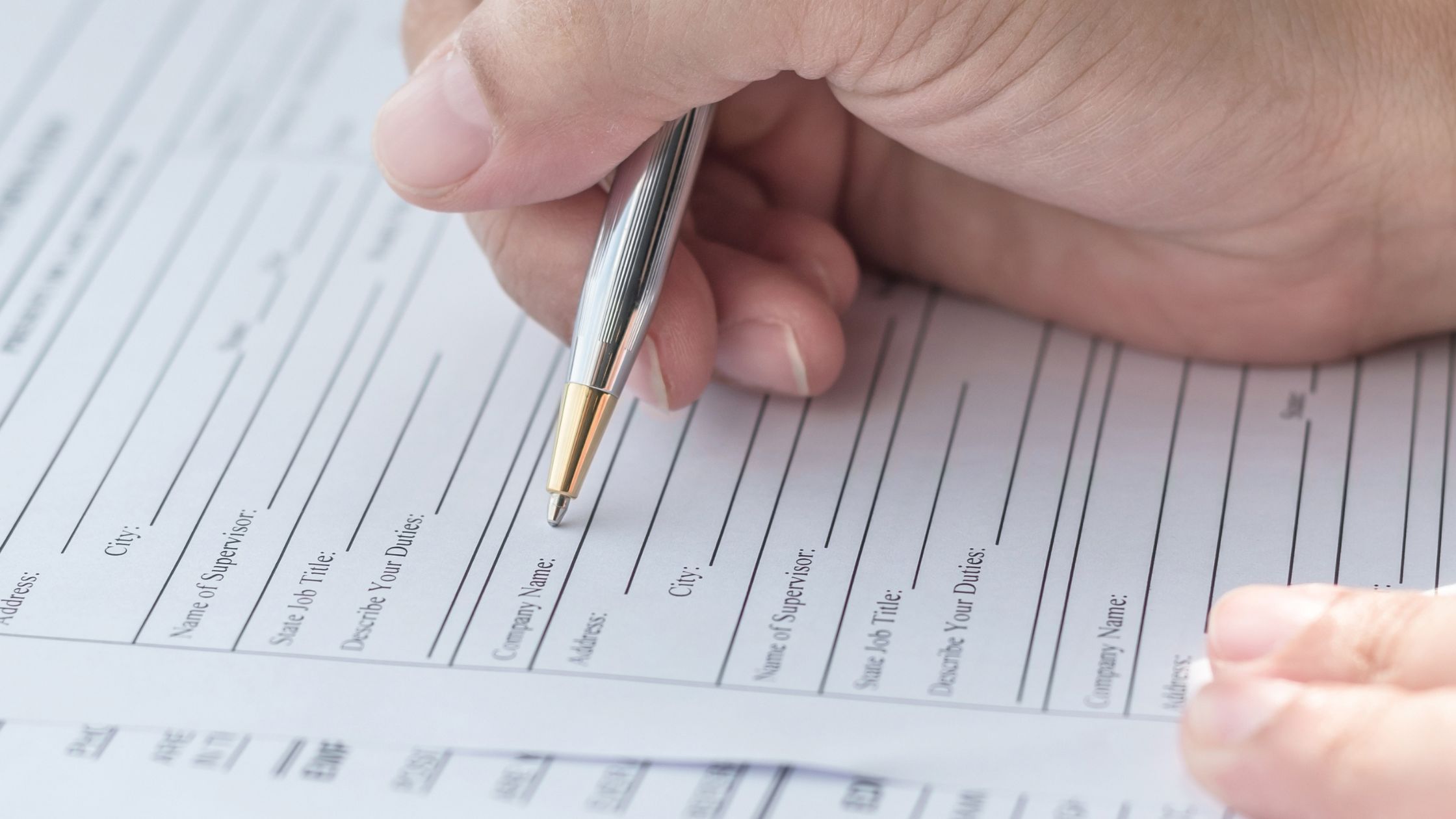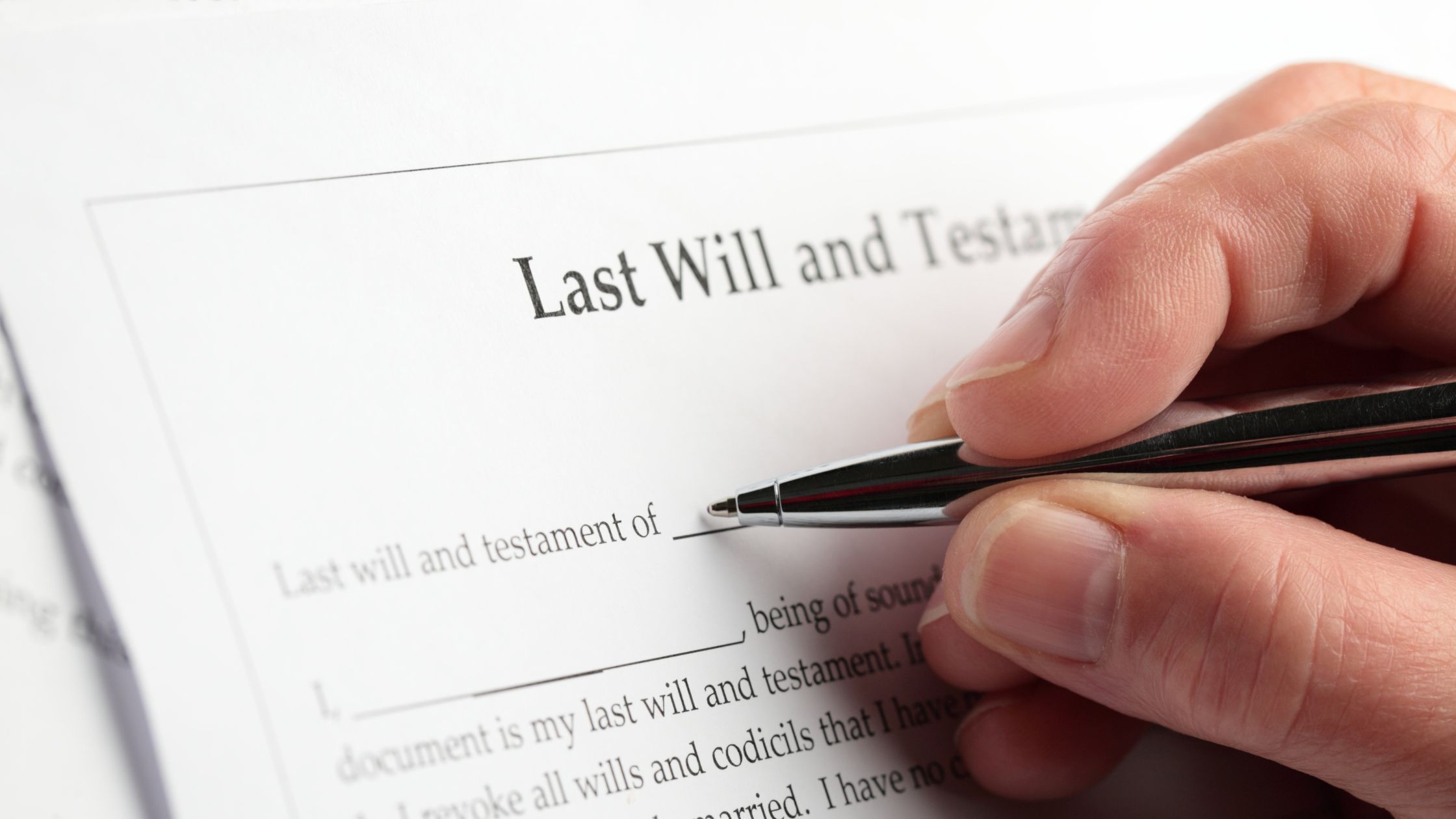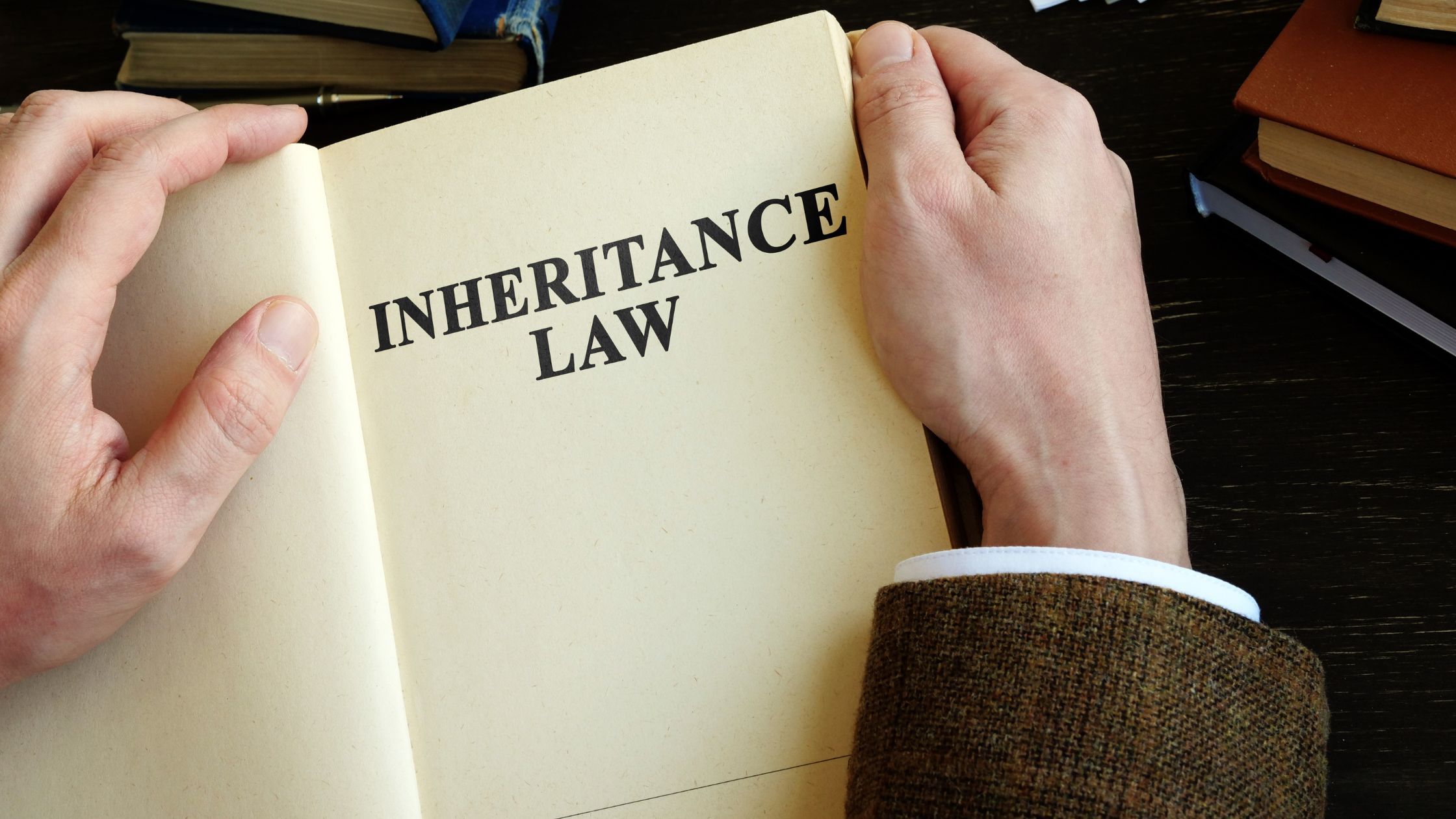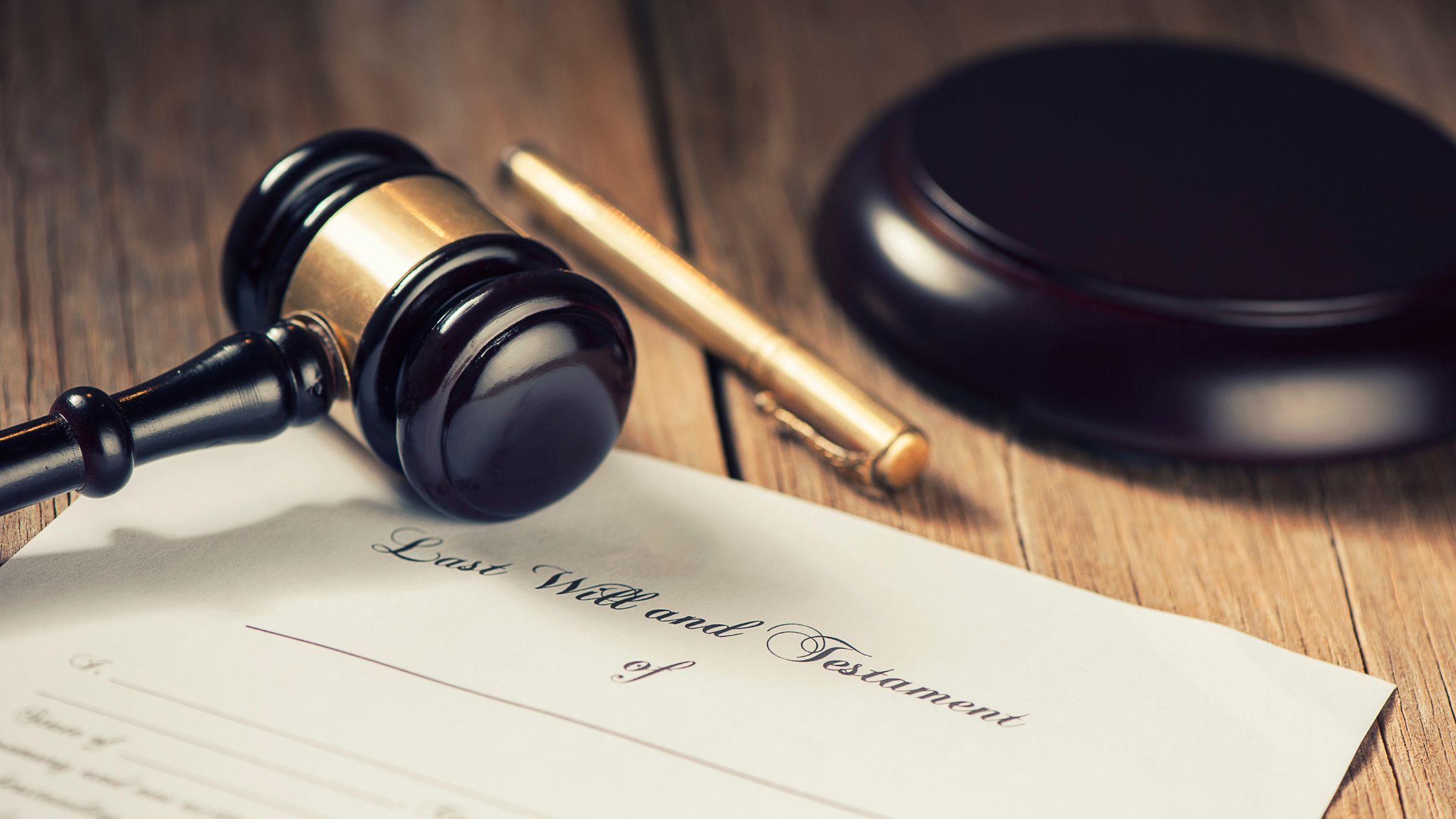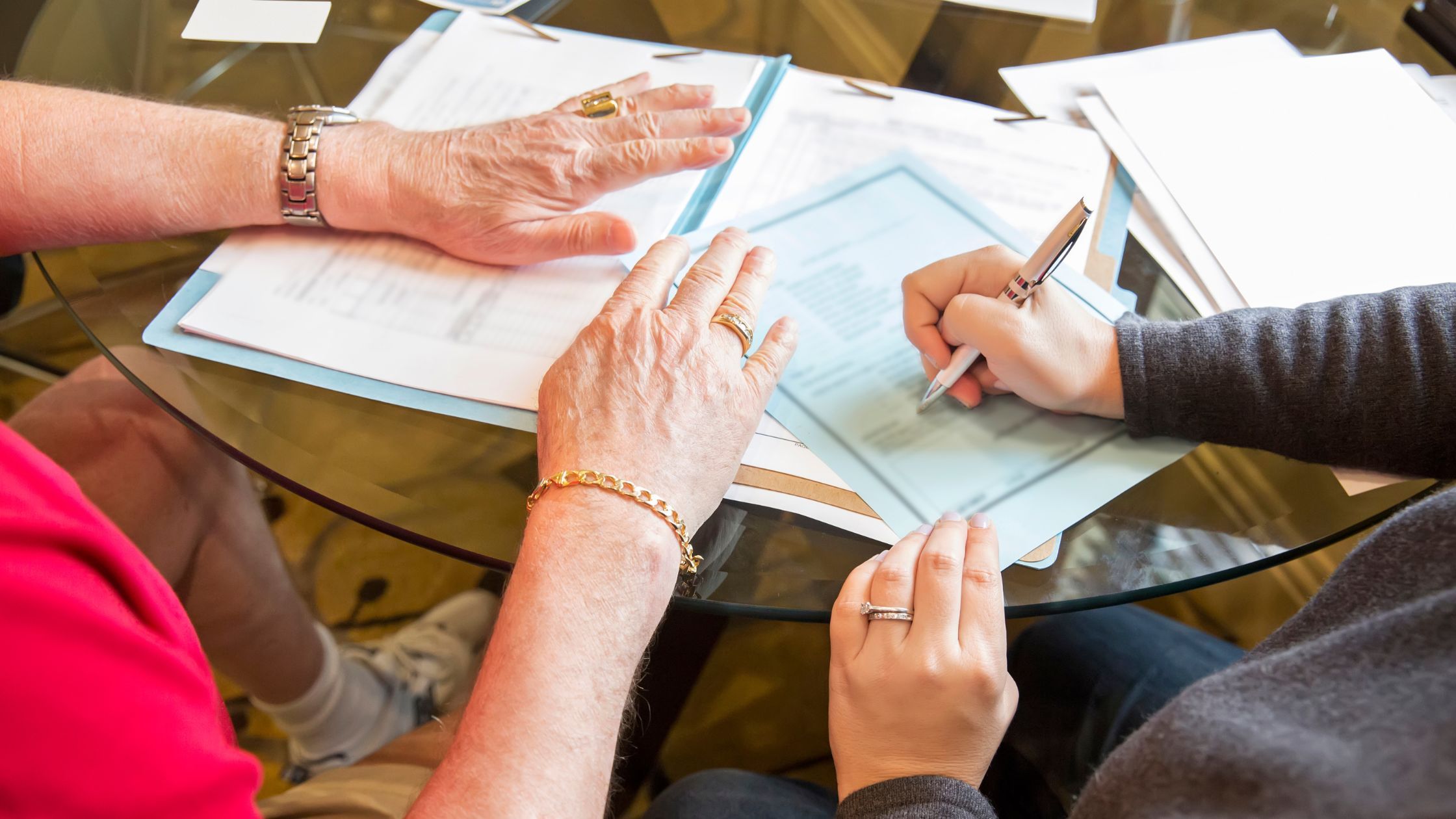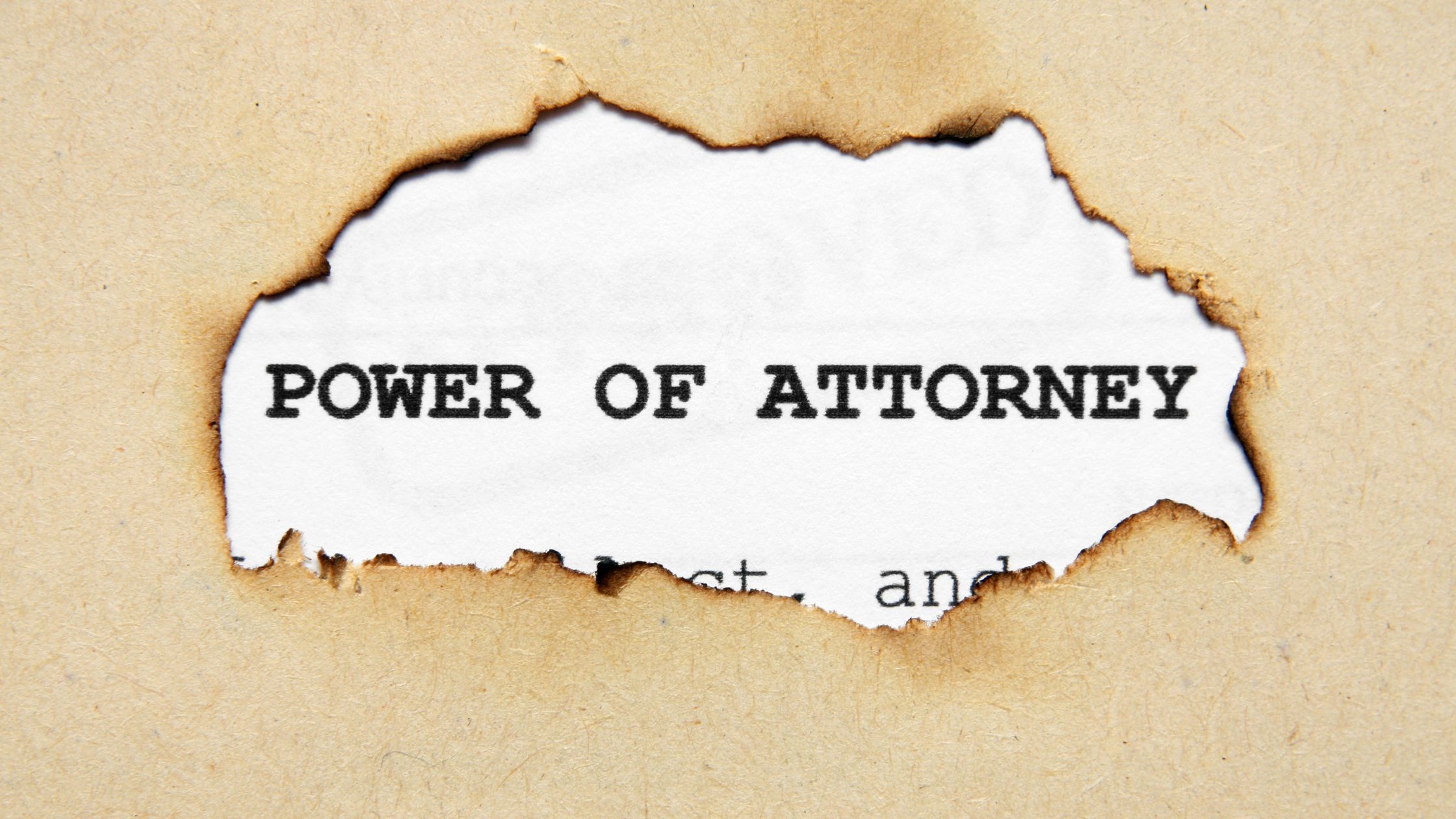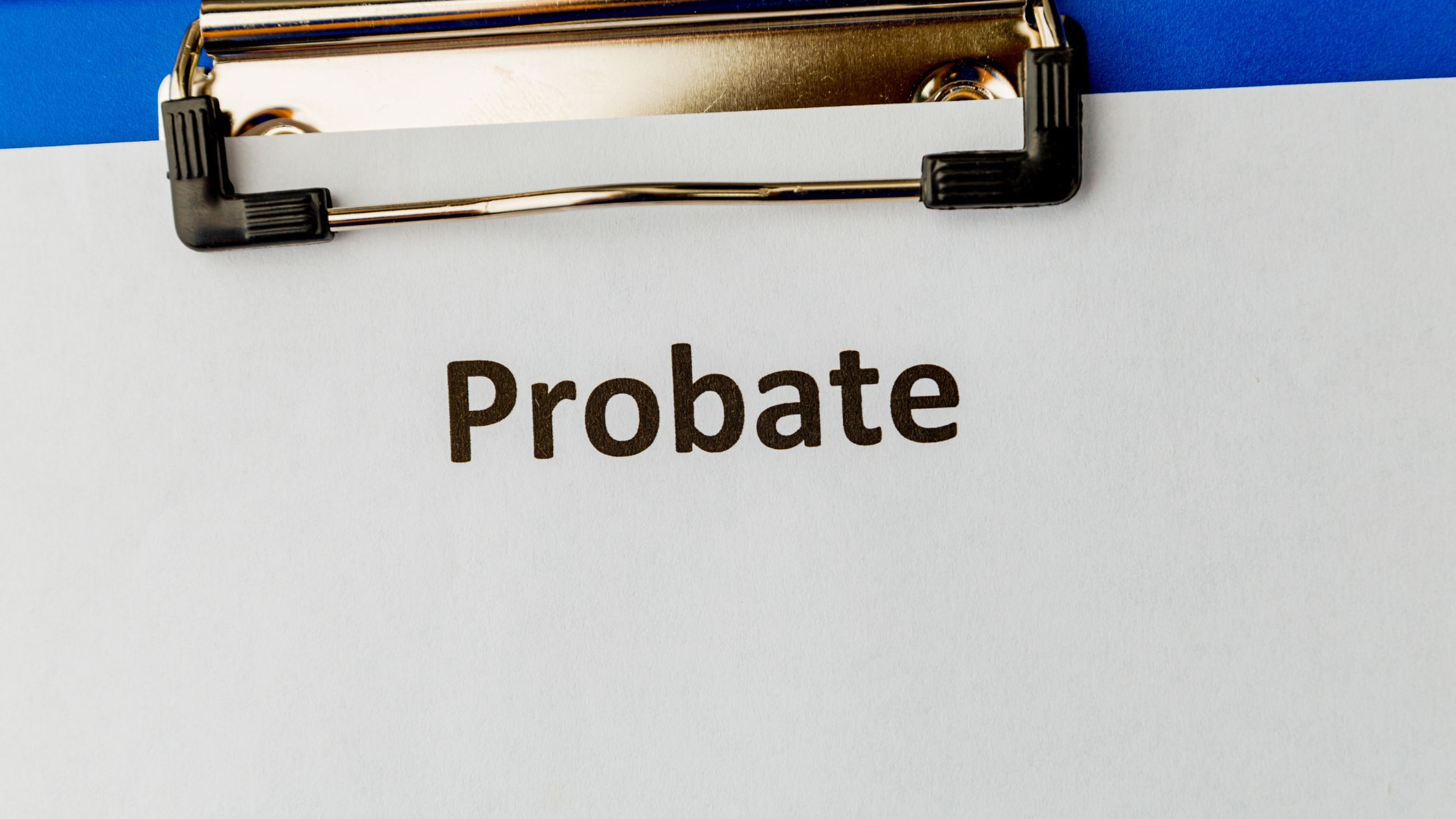Writing a Will allows you to be in control of where your money and estate goes.
Having a Will allows you to decide who benefits from your estate and who does not. Not having a Will automatically means that the Intestacy Rules apply to your estate. Under the Intestacy Rules, your assets will be divided according to the law instead of your wishes which could be contrasting. This means it could pass to someone the deceased had not intended, or that someone that the decreased wanted to benefit receives nothing.
I have no relatives to pass on my estate to…
If you have no living relatives when you pass, your whole estate will belong to the Crown or the Government. This is called Bona Vacantia and is a rare situation to occur. If you have a carer, close friend or charity you would like to become a beneficiary of your estate, then making a Will means that the recipient will receive the assets intended.
Why do I need to write a will if there are Intestacy Rules in place for my partner?
Under the Intestacy Rules, unmarried partners/partners not in a civil partnership are not legally entitled to inherit. Partners who jointly own a property will either consider beneficial joint tenants or tenants in common. Beneficial joint tenant means each tenant has a 100% share in the property and all act together as a single owner, they will inherit the other partner’s shares of the property if one dies. However cohabiting partners or ‘tenants in common’ (meaning tenants who own separate shares in a property) do not inherit deceased partners share in the estate unless this is outlined in a Will.
Unfortunately, the Intestacy Rules can conflict with the deceased’s wishes, for example spouses who have informally separated but who are not divorced could still inherit the deceased’s estate. Moreover, divorced but separated partners with joint bank accounts could inherit the whole of the money in that account.
Surely my children will automatically inherit my money when I am gone without a will?
Making a Will also ensures your children and grandchildren obtain what you want them to inherit, as where you live in the UK determines what they are entitled to without a Will. The Intestacy Rules will allow the surviving children, grandchildren, and great grandchildren to inherit but with restrictions. If there is no valid surviving partner of the deceased, then the estate will be divided between the children. However, if there is a surviving partner, the children will receive half of the value of the estate that is over £270,000 and that is then divided between the surviving children. This also applies if one child has a different parent from previous relationship. Adopted children have rights to inherit under the rules but otherwise the child must be biological. The children will receive the inheritance when they turn 18 or unless they marry or form a civil partnership under this age.
Notwithstanding, a valid disappointed beneficiary can also challenge a Will if they are not happy. If their challenge is accepted, then a previous Will is followed or the Intestacy Rules apply.
Specific requirements
A Will can allow you to preserve specific parts of your estate to give to certain people. For example, if you are closer to one grandchild than another, then you can specify that the closer grandchild have more of the assets than the others. Within a Will you can also specify who you want to be guardians for your remaining surviving children.
Moreover, you can outline what you wish for your funeral plans. These are topics not often discussed within a family and formally addressing your views in a Will and provide helpful and practical guidance making it quicker and less stressful for the beneficiaries.
Making a Will also means that you can elect an executor that administers your estate and makes sure your wishes from your Will are carried out. Executors can renounce this position if they wish however, you have the choice which you do not under the Intestacy Rules.
Your Executor or another elected person can take care of your digital assets and online accounts if outlined in your Will, which would be left dormant if not. However, it is good practice to leave passwords and login details to the executor to manage and not put it in your Will as a Will is a public document.
Inheritance Tax
Your beneficiaries do not pay Inheritance Tax if the value of your estate is below £325,000 or you leave everything above £325,000 to your spouse, civil partner, a charity or a community amateur sports club. The threshold increases to £500,000 if you give your home to your children or grandchildren.
If you are married or in a civil partnership and your estate is worth less than your threshold, any unused threshold can be added to your partner’s threshold when you die. This means the threshold can be as much as £1 million.
The standard rate of inheritance tax is 40% but this could be reduced if you leave 10% or more of the ‘net value’ of your assets to charity.
What happens to Inheritance Tax on my house?
When a house is left to a civil partner or spouse this means there is no Inheritance Tax on the house. If anyone else inherits the house, it counts towards the value of the estate. If you own your home, your tax-free threshold can increase to £500,000 if you leave it to your children (this includes adopted, foster or stepchildren) or grandchildren and your estate is worth less than £2 million.
To avoid IHT (Inheritance Tax) on your property and take your property out of your overall value of your estate, you can pass on your home. However, passing on your home has restrictions. Normally, there is no IHT to pay if you pass on your home and you live in it for another 7 years. You would also need to pay the new owner at the going market rent and your share of the bills.
If you only give away a share of your property and the new owners also live at the property, then you do not have to pay rent.
If you die within the 7 years of giving away all or part of your property, your home will be treated as a gift and the 7 Year Rule is enforced.
Gifts
Some monetary gifts are exempt from Inheritance Tax (an Annual Allowance):
- Wedding or civil partner gifts of up to £1,000 per person (£2,500 grandchild/ great grandchild, £5,000 for child).
- Normal Christmas presents and birthday presents.
- Payments to help another person’s living cost such as the elderly or a child under 18.
- Gifts to charity.
- Small gifts not exceeding £250 in total per tax year per recipient are exempt, but this cannot be used to cover part of a larger gift.
People will be charged tax if you give away more than £325,000 in the 7 years before your death. (can include money, property, possessions, or a loss of value when something is transferred).
Taking out a life insurance policy for the potential Inheritance Tax bill can cover any potential liability for Inheritance Tax. Placing the policy in a trust ensures it is paid outside of your estate.
The 7 Year Rule
Inheritance Tax rate is 40% on gifts given in the last 3 years before you die if, there is Inheritance Tax to pay.
Between 3 years and 7 years before you die, the Inheritance Tax owed is on a sliding scale known as taper relief:
Less than 3 year = 40%
3-4 Years = 32%
4-5 Years = 24%
5-6 Years = 16%
6-7 Years = 8%
7 Or More Years = 0%
Use a Qualified Solicitor
The chance of a problem arising after your death is reduced if your will is completed by a qualified solicitor. Solicitors outline certain circumstances to make sure your will is tailored to your wishes and your estate and assets go to those you desire.
A solicitor can also help you choose who you want as your witnesses to your Will, but they are required to be non-beneficiaries.
Re-writing a Will can be a worrying time if you only want to make minimal changes. A qualified solicitor can add a codicil to your Will without the need to re-write an entire Will. A codicil is a legal document that can alter anything in your existing Will if any changes are needed, making it easier to alter a Will.
Hennah Haywood Law will make sure your will has every eventuality covered and your desires are outlined clearly. Having a will means you can prevent unnecessary distress at a difficult time for your friends and family and provides you with the knowledge and comfort that everything is taken care of.



